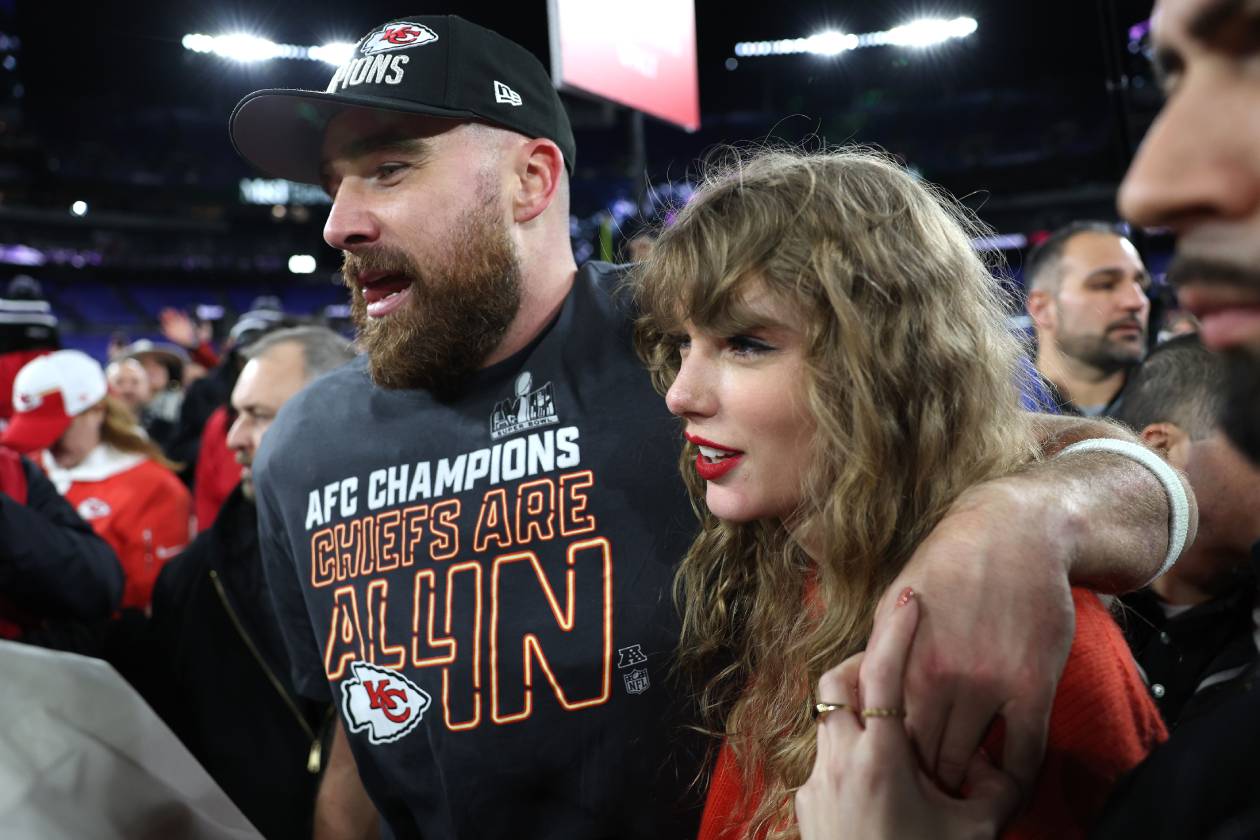
The run up to this year’s Super Bowl has been one for the ages, and that has little to do with the actual game of football.
Two brands – or should I say two people’s lives – are colliding in front of our very hungry social media eyes. On one side, we have the NFL, the most-watched sports league in the U.S., and its loyal fan base. On the other, Taylor Swift, global pop star and America’s sweetheart, who has 280-million die-hard followers (and counting).
As my white-knuckled iPhone hands grasp intently for the next development in this Swiftie Saga, my marketer side can’t help to wonder what we can learn from this moment. I propose the learning is in our own personal bias.
Bias is a funny thing. We all have it and always will. Bias helps us make quick decisions, protects us from past misfortune and generally helps to appraise decisions. Yet, bias can also be a dark human trait that leads to making decisions that place a greater emphasis on what confirms our beliefs, as opposed to what the facts say. Let’s look at a few biases at play in this pre-Super Bowl period.
Bias – They’re showing too much of Taylor Swift during the game
You’ve heard this all season leading up to this week’s Super Bowl, the vocal football-first fan complaining about seeing a player’s uber-famous supporter during the game. Reacting to this double-standard social commentary could be seen as an act of confirmation bias from the NFL’s male majority leadership.
But the NFL is not doing this. They have elected to instead listen to a massive wave of new fans, bringing increased viewership and frenzied social media activity. Touchdown for the NFL.
Bias – Travis Kelce’s public relationship with Swift has been a distraction
While the tight end posted 93 catches and five touchdowns this regular season, it was a quiet year by his standards. NFL analysts have also noted a correlation of personal moments with Swift and a somewhat lackluster on-field performance by #87. This could be seen as an example of anchoring bias, which is our tendency to rely too heavily on the first, and often familiar, piece of information we receive.
The reality, however, is Kansas City’s offense has changed this year, resulting in a different stat line for its star tight end. Also, Mr. Kelce played lights out during the most recent game of the playoffs, helping his team to the Super Bowl. Touchdown, Kelce.
Bias – Taylor Swift has put Travis Kelce on the map
Let’s have a little fun with this viral early relationship discussion. The opinion put forth deems that Taylor Swift’s massive fame has finally made Travis Kelce well-known, rather than his seven straight 1,000-receving yard seasons, the distinction of scoring the most touchdowns by any QB-TE combo with Patrick Mahomes, four Super Bowl appearances in five years and two Vince Lombardi trophies.
Now, even though this bias from Swifties has a slight in-jest slant, it’s also a great example of in-group bias. This particular bias is another dark side of groupthink that causes us to support and believe those who share our social or professional groups. In this instance, we see a very large and vocal group support this bias, making many believe it’s actually true. Missed field goal left, Swifties.
Removing bias does not mean ignoring your personal instincts, talents or taste. After all, it got you this far, didn’t it? However, as a friend always reminds me, what helped you get here isn’t what will help you get you there.
Bias can be troublesome when it takes hold during the marketing journey. Sometimes we need to listen to the data, but not at the sacrifice of putting something new out into the world. At least a quarter of our population is averse to change. That means that no matter what you say, or do, these folks will not lean in. Some of the most tried-and-true NFL fans will never embrace the change that Swifties are bringing to their sport. But these same guys have caves dedicated to the Dallas Cowboys, and will surely not stop watching football just because Taylor Swift is spotted in the luxury suite.
So, when it doubt, just shake it off.
Dustin Rideout is partner and chief strategy officer at The Hive.
Photo by Patrick Smith/Getty Images























